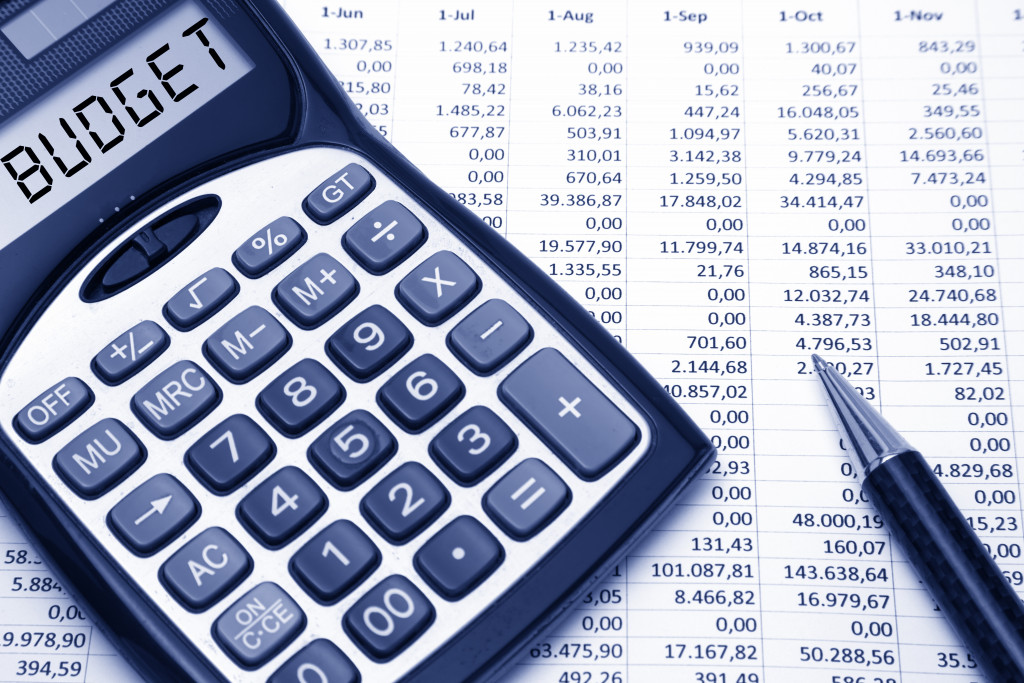A lot of people think that making a budget is difficult and time-consuming. The truth is, once you get the hang of it, it’s pretty simple. And it’s a great way to ensure you’re always on top of your finances. Here are a few essentials that you should always budget for.
Housing
Your housing costs will likely be your most significant expense each month. If you’re a homeowner, your mortgage or rent payment will take up the most significant chunk of your budget. Even if you’re a renter, you’ll still need to factor in other housing-related costs like utilities, insurance, and repairs/maintenance.
When you budget for your housing, it’s critical to be realistic. If you’re living beyond your means, you’ll never be able to get ahead financially. And, if you can’t afford your current housing situation, it’s a good idea to explore ways to lower your costs or find more affordable housing options.
Transportation
Transportation costs can also take up a big part of your budget—especially if you have a long commute or own a car. Whether you’re driving or taking public transit, be sure to factor in the cost of gas, parking, and any monthly transit passes or fares.
If you’re a car owner, don’t forget to consider other transportation-related expenses like insurance and maintenance. If you’re trying to save money, you might consider carpooling or switching to a more fuel-efficient vehicle.
Food & Groceries
No matter how much (or how little) you like to cook, everyone needs to eat! You’ll need to factor in groceries and any eating-out expenses. If you eat out frequently or order in often, this could end up being one of your most significant expenses.
To save money on this, you might consider cooking more meals at home and packing a lunch for work. You could also look into stores that offer great deals on bulk items or shopping.
Personal Expenses
Personal expenses can add up quickly. These include clothes, entertainment, travel, and subscriptions/memberships. If there are certain items that you spend money on regularly (like monthly gym membership fees), be sure to include them in your budget.
Spending can slip by unnoticed under the personal expenses category, so consider tracking your spending for at least 30 days to understand better where you’re spending money. This can help you decide if there are any areas where you can make changes and save money.
Financial Obligations & Savings Goals
Don’t forget to factor in financial obligations like student loans, credit card payments, or child support. And, if you’re looking to save up for a big purchase or goal (like a down payment on a house), be sure to include that in your budget.
Savings and retirement funds are also under this category. Ensure you are saving enough to meet your needs and to achieve future financial goals. Even if you think it’s far away, you should save for your retirement and not spend all your money on current expenses.

Dental
It’s important to always budget for dental needs. Dental health is essential, and procedures or services can even put you in debt, especially if you don’t have insurance. If you have missing or broken teeth, consider how things like dental implants could be part of your current dental needs and how these can, at times, be costly.
If you have dental insurance, factor in the monthly or annual premium costs. If you don’t have dental insurance, maybe try to look for an affordable plan or weigh your options carefully before deciding. Either way, don’t ignore dental health in your budget. It’s the key to good overall health too!
Medical
Continuing your budget planning, be sure to factor in all the different medical costs you might incur. These can vary greatly, including everything from regular checkups to prescription medications, health exams, and more. If you don’t have health insurance, look into getting a plan.
Otherwise, research options and costs for any medical procedures you might need and plan for them accordingly. Remember that some people or places offer cash discounts, so you can try to ask if that would work for the procedure, product, or service you need. Also, don’t forget to budget for psychological services or needs such as therapy sessions if that applies to you.
These are some of the essentials you can’t forget when calculating your expenses. Budgeting may seem daunting at first, but it’s pretty simple once you get the hang of it. By including all of your essential expenses in your budget—housing, transportation, food & groceries, personal expenses, dental, and medical—you’ll be on your way to financial success in no time!

